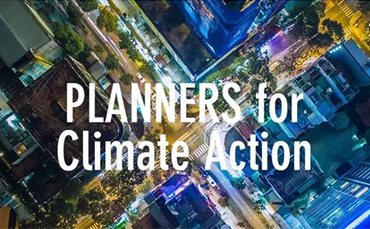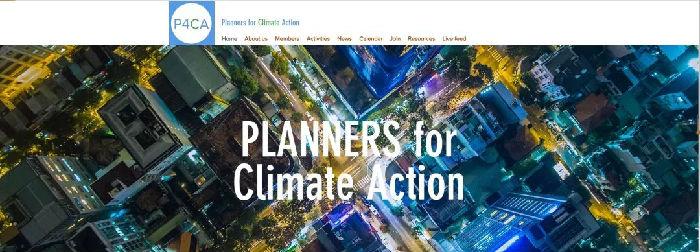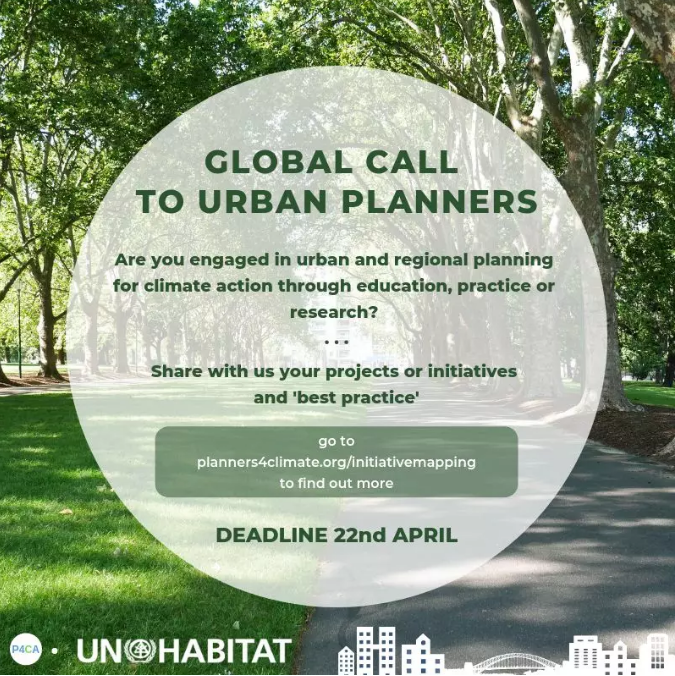



Preamble
The world is going through unprecedented climate change that is placing considerable stress on our societies and the environment. From shifting weather patterns that threaten food production to rising sea levels that increase the risk of catastrophic flooding, the impacts of climate change are global in scope and unprecedented in scale.
Human settlements emit a substantial portion of the world’s greenhouse gases (GHGs) and are home to concentrated populations that are highly vulnerable to the impacts of climate change. Rapid urbanization is transforming places, populations, economies, and the built environment at an exceptional speed and scale. This transformation is occurring throughout the world, and it is accelerating in many places, generating increasingly large urban conurbations and agglomerations. The urban population is growing by approximately 1.3 million each week. About 55 % of total urban land in 2030 is expected to be developed in the first three decades of the 21st century, largely occurring in areas of increasing vulnerability to extreme climate events including floods, storm surges, sea level rise, droughts, and heat waves. In addressing this rapid transformation, infrastructure development and urban form are playing a fundamental role as key drivers of both GHG emissions and vulnerability to the impacts of climate change.
In that context of urgency, the urban and territorial planners as well as the climate change communities acknowledge their critical role and responsibility in tackling the future of cities. They realize the urgent need to take sustainable pathways towards addressing climate change in their practice.
A Global Call for Action: Integrated Planning to Address Climate Change!
This is a global call for action to our fellow urban and regional/territorial planners to integrate climate change in planning practices, build the capacity of current and future planners, as well as support knowledge development. This call is also addressed to all those involved in planning better cities and human settlements: decision-makers including national officials who set the frameworks that enable local action, the private sector and the civil society. Without ambitious action today, adapting to the impacts of climate change in the future will be more difficult and costly to future generations.
A Global Collaboration of Planners for Climate Action
Planners for Climate Action is a global collaboration to promote the value and contribution of better planning to sustainable cities facing the impacts of climate change. By working together across the globe, we share leading practice and knowledge on:
- Mainstreaming climate change mitigation and adaptation into land-use planning
- Supporting integrated approaches to planning and multiple scales of intervention that incorporate climate change
- Promoting a climate-friendly built urban environment, both new development as well as redevelopment, at different territorial scales
- Also promoting participatory, bottom-up approaches to planning
- Embracing when possible nature-based approaches to building climate resilience, green infrastructure and planning
- Improving the profession of planning, as well as planning education and research, through collaborative approaches.
Our Commitment to Climate Change Responsive Planning Practice
As responsible planners united towards addressing climate change, our commitments are to:
·Help ensure that all cities incorporate ambitious mitigation and adaptation actions into their plans;
·Incorporate climate change in our planning practices through comprehensive integrated approaches that reduce emissions, adapt and prepare human settlements to climate change;
·Build the capacity of all planners and ensure that all graduate-level urban/regional planning curricula prepare future professionals to plan for effective climate action;
·Support research that can help strengthen knowledge on the impact of planning practices, mitigation and adaptation actions, models and tools on climate changes.
Through our individual and joint actions at all levels, we will help address climate change in many ways:
·Improve cities through climate responsive planning and design. For example, compact urban development patterns can make public transportation more viable, leading to reduced greenhouse gas emissions; meanwhile in the long-term land use controls can profoundly affect the exposure of vulnerable populations to climate-related natural hazards such as flooding and landslides.
·Develop and apply urban planning approaches to address climate related hazards by integrating hazard risk reduction, location of infrastructure and basic services, improving informal settlements, density, safety, green and public spaces, preservation of heritage and local culture.
·Promote planning as a catalyst for economic recovery from climate-related disasters through the creation of appropriate spaces and infrastructure for economic activity using mixed land-use strategies that combine settlements with livelihoods, and respond to market demand.
·Help national governments to achieve their mitigation and adaptation targets and plans through policy frameworks that enable local action, improved multi-level governance, and transformative planning approaches.
Our recognition of planners as key players to scale-up climate action
Over the past decade local and regional governments have been increasingly recognized as critical actors. The Paris Agreement has recognized that they are vital to strengthening the global response to climate change. As national governments design strategies towards implementing the Paris Agreement, it is crucial that not only local and regional governments play a critical role in achieving Nationally Determined Contributions, but also non-State actors involved in planning and designing cities. Planners are key players in that process and need to be integrated in preparing and implementing strategies and plans in order to scale-up climate action. Already, the role of urban and territorial planners and plans in addressing climate change has been made explicit in the 2030 Agenda for Sustainable Development, as well as in the New Urban Agenda. The important role of planning and planners is enshrined in Target 11.b of the Sustainable Development Goals: “By 2020, increase the number of cities and human settlements adopting and implementing integrated policies and plans towards… mitigation and adaptation to climate change…”.
The voice and active participation of planners are critical in addressing climate change.Under the UNFCCC Marrakech Partnership, the Planners for Climate Action coalition should be a key voice in the on-going dialogue and collaboration with the other stakeholders to achieve Paris Agreement aspirations in cities and human settlements. Under that collaborative process, the community of planners will report on climate action and share result-based information on the impact of effective urban and territorial planning practices.
